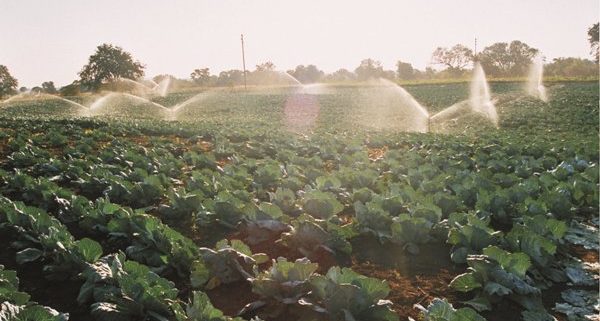Industry standards help farmers improve quality – African Farming
In the agricultural cropping and fresh-produce sector, industry standards act to guide planting and management of fields, orchards and vineyards. Standard compliance improves yields and quality, boosts profits and makes for a lucrative export trade in high-quality South African produce.
Praveen Dwarika, managing director at Lemang Agricultural Services, says South Africa’s heavily regulated farmers do a good job of complying with the rules. Although profitable farming drives the sector’s sustainability, he sees food safety as the primary responsibility of the producer. “There is no good reason for cutting corners when it comes to food safety, and this applies to responsible management of agrochemicals in particular,” he says.
Grain and oilseed farmers are subject to the Department of Agriculture’s grading regulations, which are implemented by inspectors and serve as a measure of quality for the grain industry. Grain is graded at the silo according to aspects such as colour, insect damage, fungal damage, foreign material content, kernel defects and chemical contamination levels. This standardisation ensures fair and competitive grain trading practices that benefit processors and consumers.
“There is a lot of easily accessed information on regulations in the grain sector, and our farmers are generally informed and compliant with the industry standards,” says Dwarika. South Africa’s grain complies with international grading standards.
Buyers at home and abroad want to buy safe, quality food and the standards for export-quality fresh produce are very high. Export market requirements are set out in various protocols and the exported produce is checked at various inspection points by government-mandated Perishable Produce Export Control Board (PPECB) officials.
Compliance with GlobalGap, a set of good agricultural practice standards evolved as a response to consumer interest in the impact of agriculture and agrochemical use on the environment and food safety, means more efficient use of resources, lower environmental impact and reduced use of agrochemicals. “Production standards are there to protect the consumer who has a right to safe, quality food,” says Dwarika.
To find out more, visit www.afgri.co.za/lemang-agricultural-services




Leave a Reply
Want to join the discussion?Feel free to contribute!